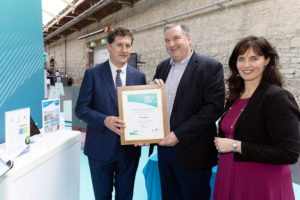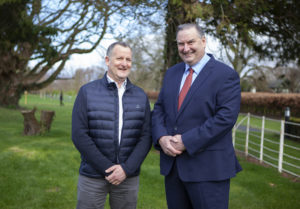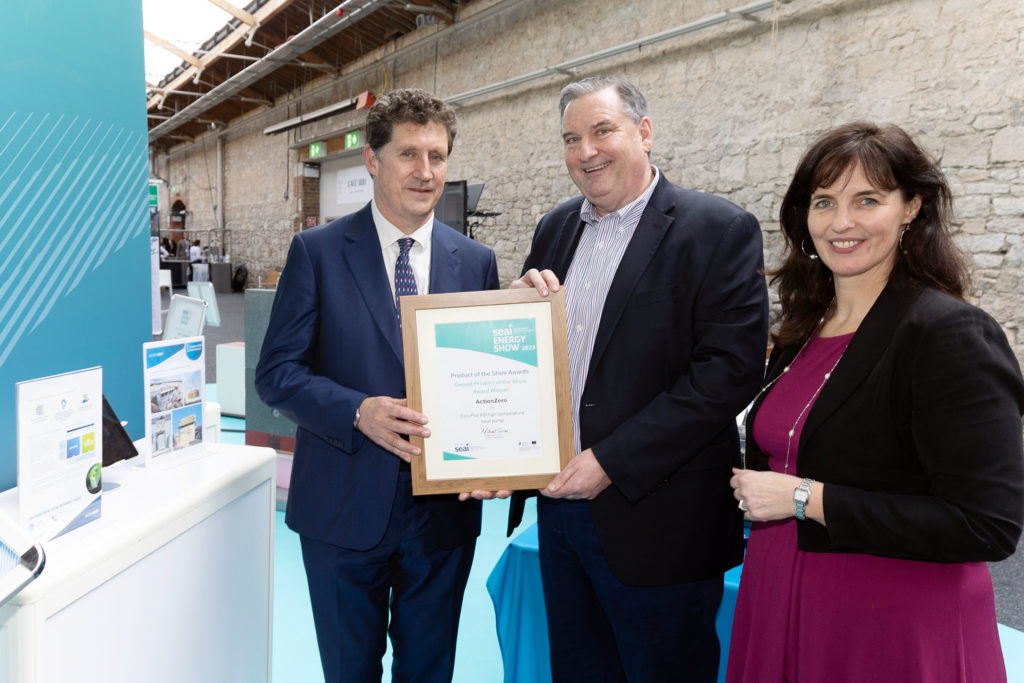We all hear about the shortage of engineers in industry, and recognise that the strategically successful organisations are those that have embraced diversity and inclusion policies; not only to attract engineers from different cultures, ethnicities, genders etc. but to also offer a psychologically safe work environment to ensure their retention. All of this is necessary for business survival in Ireland today. Is there anything else we, as leaders, can do to attract and retain talented engineers in industry?
‘Engineer’ is an ambiguous term
Last Autumn, I did a workshop promoting engineering to transition year students in an all-boys school. I opened the workshop by asking them what they think an engineer is. They had no idea. That’s not a poor reflection on them or their school. When I think back to my secondary school experience, I had no idea of what it was either.
However, I still chose an engineering degree – why? My maths/physics teacher encouraged me because her husband was an engineer, and she knew what a degree in engineering had to offer. If it wasn’t for her, I never would have considered engineering. In fact, my undergraduate course was so theoretical that I emerged from college with a First-Class Honours degree not knowing if I could “do” engineering or what an engineer’s job was in industry.
It was only when I settled into my career in Climate Action and Sustainable Energy consultancy, the knowledge gained in university began to become relatable. However, I still believe the word “Engineer” means different things to different people even within the industry. I have worked predominantly in the non-residential building space for the majority of my 18-year career with energy efficiency experience in fabric, mechanical, electrical, automation upgrades and renewable technology projects.
I would consider myself at this stage to be quite expert in the technical aspects of building physics and an excellent communicator and trusted advisor to clients. However, I have never been “on the tools”, physically doing installations or fixing the internal workings of boilers, heat pumps, solar panels nor have I needed to. From a design perspective, I can interpret and review design drawings, do the design calculations, and generate a specification of works to get the project done successfully but I have never had to sit down at a computer to complete a CAD drawing of a heating system in my working life. Does this make me less of an “Engineer”?
I hope there are engineers reading this and I would really like you to pause now, reflect and answer this question with your eyes closed.
When you think of an Engineer, what do you see?
Take a moment – be honest with yourself. What you see in your mind’s eye will be formed based on the historic influences in your life that have led you to this point in your career, this point when you are reading this article. Did you have a mother, aunt or sister who is or was an engineer? Have you worked with engineers from different countries, culture etc.?
Do you consider engineering to be detailed design, building machines, practical manufacturing, welding, working in utilities, software development, managing roads projects or constructing airplanes? Do you think engineering is about teamwork, collaboration, data collection, analysis, design, technical report writing, technical communication, technical sales or technical business development? I think engineering is actually a collection of all these skills and more.
Engineering is broad
Having an engineering degree opens more doors than you could ever imagine and allows you to travel the globe. The new alternative pathways that have been developed by Minister Simon Harris to gain an engineering qualification are welcome and should increase the number of graduates entering industry in the future. Completing an engineering degree demonstrates that you have a good technical aptitude, and your business should capitalise on this aptitude. Industry needs as many engineers as possible.
A Call to Action
As leaders in organisations, let’s open our minds to how broad and diverse engineering is. Diverse not only in the professionals that are now entering and working in the field but the skills they have. Let’s create a safe, open and welcoming environment for all engineers. Recognise the aptitude and talent we have within our organisations already and the potential for this pool of resources to upskill further. If there is a skill shortage, invest in upskilling existing engineers. This mitigates against the risk of bottlenecks in business, power dynamics within teams and business stagnation or worse contraction when demand for energy services in Climate Action has never been higher and so important!









